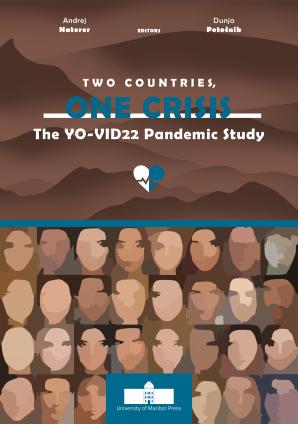12. Youth in a Broader Socio-Cultural Context
Synopsis
This chapter analyses shifts in social trust, religiosity, and pro-social attitudes among youth in Croatia and Slovenia, and their implications for well-being and social cohesion. Generalised trust remains modest, with Slovenia seeing a decline during COVID-19, followed by a recovery by 2023. Croatian youth show higher trust, but with gender disparities. Interpersonal trust in family and friends remains high, yet between 2018 and 2023, declines occurred in both countries, particularly in Croatia, where trust in neighbours, classmates, and extended family dropped. The patterns of religiosity among Croatian and Slovenian youth differ notably. Slovenian youth maintain low and stable levels of religious belief and practice, while Croatian youth show increasing polarisation between firm believers and secular non-believers, with declining church attendance. Religiosity offered little protective effect on psychological well-being during the pandemic, except for a modest benefit of personal belief in Slovenia. Both countries show declining altruism and support for redistribution, signalling erosion of solidaristic norms. Policy implications stress strengthening peer networks, gender-responsive support, civic education, and measures to reduce inequality and rebuild social cohesion.
Pages
Published
Categories
License

This work is licensed under a Creative Commons Attribution-ShareAlike 4.0 International License.






